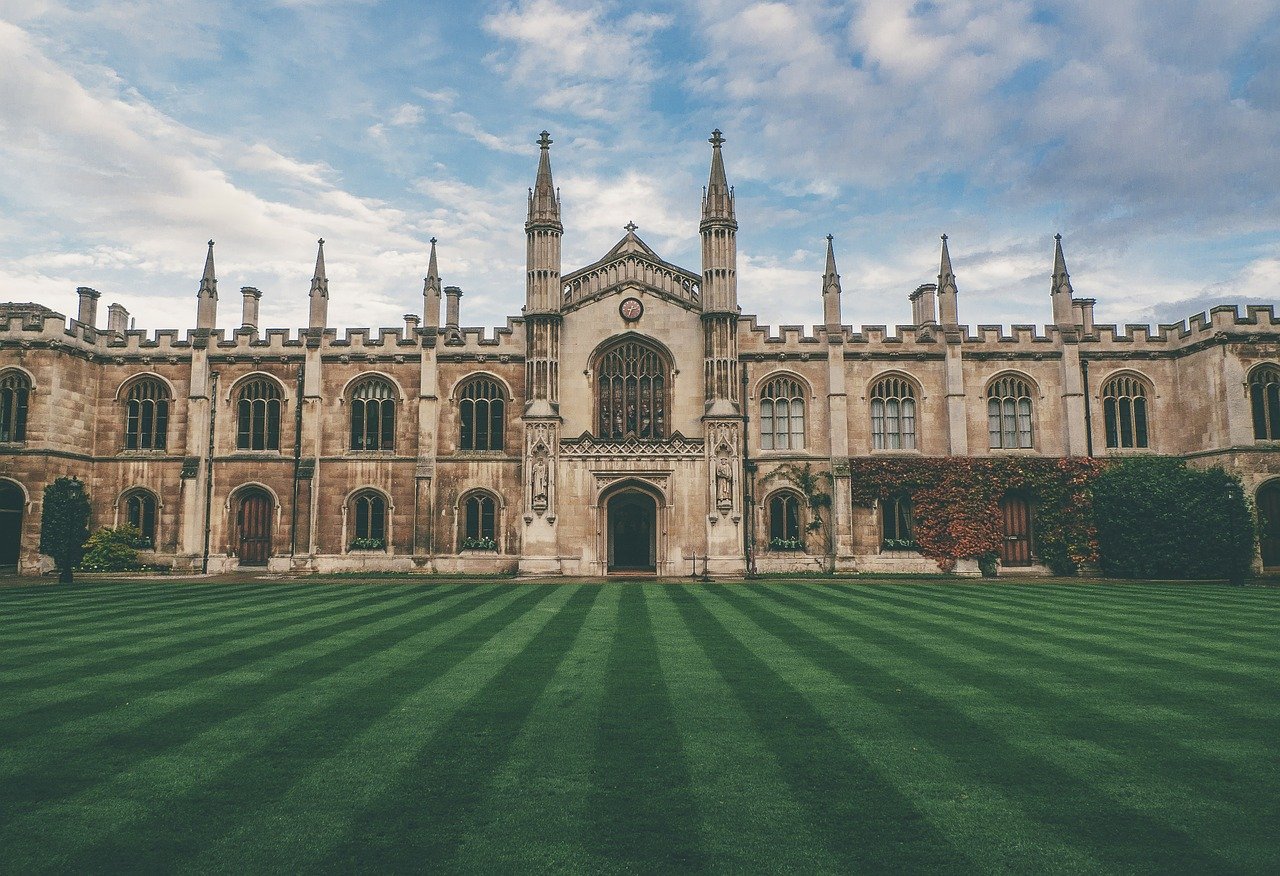
The National Medical Commission (NMC) issued an office memorandum on February 3, stating that it has been decided that the fees for 50 per cent seats in Private Medical colleges and deemed universities should be on par with that of the Government Medical colleges of a particular state or Union Territory. The decision will be effective from the next academic session, NMC had earlier announced.
This news has brought a wave of relief and optimism in the minds of the aspirants and parents alike, specially the ones belonging to poor and middle class families as in today’s scenario affording a medical seat in private medical college or a deemed university for a middle class families simply unaffordable.
However, just because a decision has been taken or a law enacted, that doesn’t guarantee results.
I would like to remind people of what happened back in 2017 with a similar law and a similar situation.
So, back in 2017 the then Chief Minister of Uttar Pradesh tried bringing a similar law in force in Uttar Pradesh. He wanted to slash the high fees charged by the PMCs & Deemed Universities in the state and put a cap on them so as to make medical education affordable.
However, things soon went south after the notification was released.
Whilst the students and their parents were cheering – the state private medical colleges went to the High Court to get a stay order against the decision and to challenge the decision of the government.
When that did not work, the colleges together decided to hike up the fees of the course other than the tuition fee. Since the rule stated that the tuition fee cannot be above a certain point, the colleges simply hiked the fees of everything else to such an extent so as to essentially dilute the law and get their way through this loophole.
However, needless to say shall the law work as per the intent of the drafting committee it’ll be a watershed moment in the field of Indian medical sciences.
With the potential of doubling the total number of affordable MBBS seats in the country the relief will be immense on the meritorious students and their families.
The benefits are likely to be passed on to the societies as the Doctor to Patient ratio in the country would improve and the cost of healthcare would decrease, bringing much needed relief to the common man.
As per the current news the 50% seat reservation in private medical colleges is supposed to initiate from the next academic year 2023-2024.
The effectiveness of the same remains to be seen and time will tell if it’s a watershed moment in the Indian medical sciences or a law on paper.
Keep following PracBee for more information and updates.




